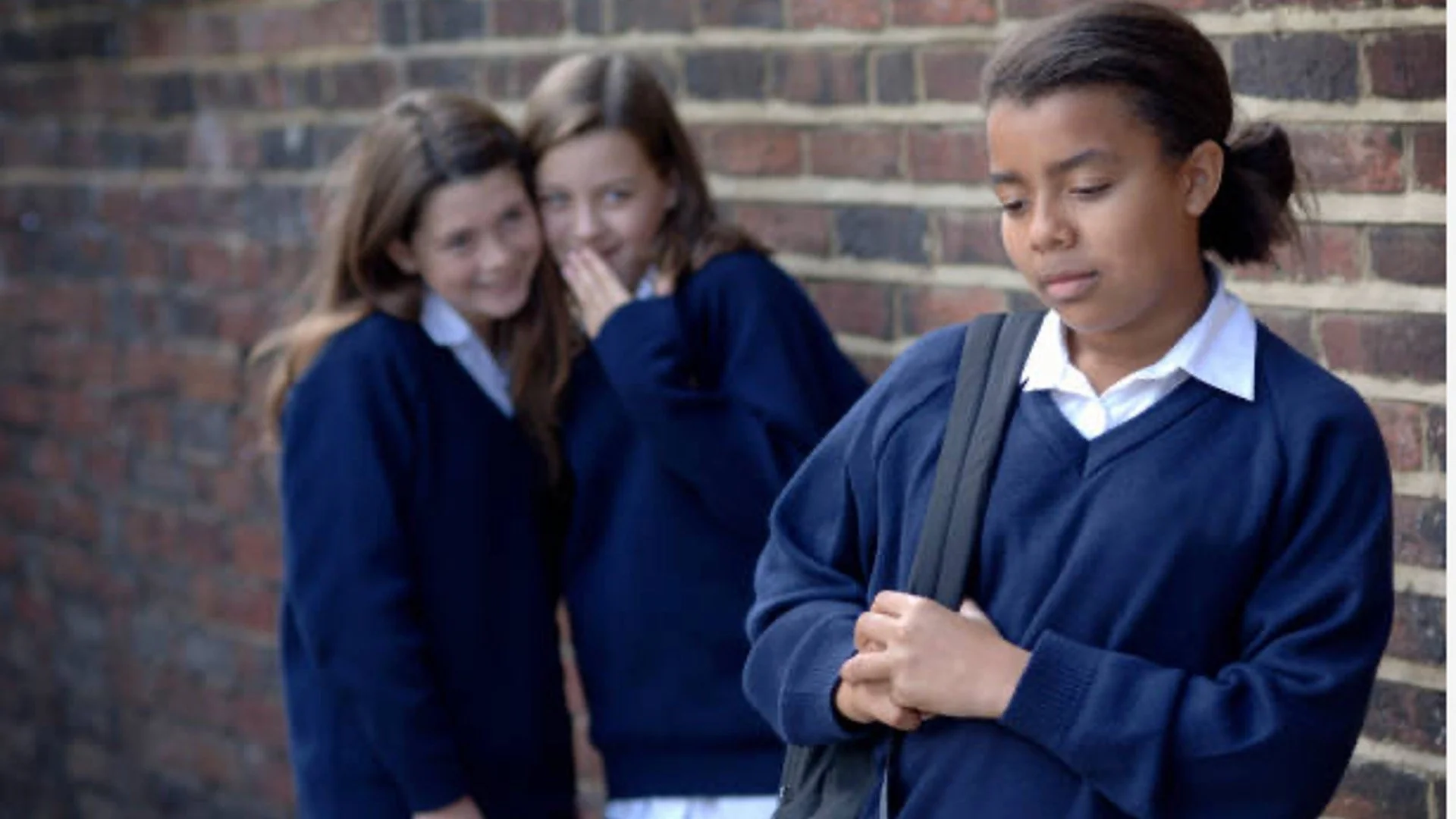
Contact the Teacher Training Lab for comprehensive Anti-Bullying information. This includes policy review, legislation, codes of conduct, BELA, psychosocial interventions, teacher training, parent assistance, and whole-school prevention.
Protecting children from harm on school property is legally mandated and must be prioritised. We have expertise on this phenomenon - let us help.
‘Bullying’ is an umbrella term for abuse within the peer group, characterised by a pattern of harassment, involving insults, nasty pranks, exclusion and other harmful acts. Bullying is usually instigated by an influential peer, who orchestrates others to participate.
Children and adolescents who engage in bullying behaviour derive status from cultivating followers and weaponising friendships. It solidifies their standing in the peer group and empowers their desire for dominance and control. Showing off and entertaining their peers, at the expense of a classmate, is a significant dimension of bullying: the spectacle garners popularity for the individuals who bully.
‘Bullying’ describes a pattern of anti-social behaviour that must be nipped in the bud from day one.
Well-informed adult interventions can successfully stop bullying in its tracks. This requires accurate policies & procedures that are consistently implemented.
Bullying occurs in the absence of boundaries and adult vigilance. Those in charge must establish boundaries, must be vigilant, and must organise a coherent process for dealing with bullying. This involves a proper procedure for victims of bullying to disclose bullying, for witnesses to report bullying, and for learners who initiate, instigate and participate in bullying, to be held accountable - including rehabilitation for their destructive behaviour.
As uncomfortable and troubling as it may be for adults to accept, children who bully are aware that they are hurting and humiliating their targeted peer, and are motivated by their distress. For this reason, only adult interventions can stop bullying. Bullying is a discipline issue, not an interpersonal one - the victim is not responsible for the acts of peers over whom they have no control.
A victim of bullying requires adult protection and adult comfort. Those who bully require adult sanction, reform and rehabilitation. It is malpractice to tell children to sort it out themselves. Adults are responsible for behaviour management and discipline.
Conflict on the other hand, is different to bullying. Conflict resolution is critical to child and adolescent development and must not be conflated with coercion, aggression, or tolerance for antisocial conduct. Instead, healthy communication about personal needs or points of view are essential, where each person’s dignity is respected and valued.
The South African Schools Act (SASA) and the Basic Education Laws Amendment Act (BELA), together with the Constitution and various other legislation, all prohibit bullying. Schools have a legal mandate to protect learners from harm on school property - and this includes protection from abusive peers.
‘Bullying’ is ‘harassment’ in legal terms, and is defined as “unwanted conduct that impairs dignity”.
Crucially, adults must know the difference between bullying and conflict, to assist learners and colleagues to either 1) identify and resolve normal disagreements, or 2) report abuse.
The Teacher Training Lab provides comprehensive anti-bullying training for your school:
We review a school’s anti-bullying policy, make recommendations framed by legislation, differentiate bullying from conflict, and teach learners and staff about boundaries and rights, particularly the terrain of ‘harassment’ and misconduct.
We assist with processes for disclosures of bullying, the implementation of restorative justice, and connect school policy to codes of conduct and parent support.
Healthy peer groups know the difference between conflict and bullying.
We teach: boundaries, respect, rights, solutions & restorative justice.
We assist with: processes for protection against peer-abuse, and a way forward for staff & learners, together, to combat bullying.
Let us review your anti-bullying document and provide feedback.
Learn how the Basic Education Laws Amendment Act (BELA) can strengthen school policy and support parent collaboration.
We help staff and parents work together to safeguard ALL children in the school ecosystem.
Meet your facilitator
-
Founder & Team Leader of the Teacher Training Lab.Jacqui is a Johannesburg-based educator, specialising in professional development and anti-bullying policy. She is an experienced English and Life Orientation teacher, with post-graduate qualifications in counselling and labour law. She has degrees in English and Psychology, a Masters’ in Writing, and is a certified assessor and moderator.
Jacqui also provides coaching & mentorship for interns, assists with learning materials, instructional design, project-based learning, setting and marking of papers, invigilation, staffing, workshops, and transformation support. She consults in-person or online.
BA (UNISA) Hons. (UJ) MA (Wits) PGCE (UNISA) Prog. Counselling Children & Adolescents (UNISA)
SACE Reg: 1103178
Linkedin Profile: https://za.linkedin.com/in/jacqui-aires-education-specialist

